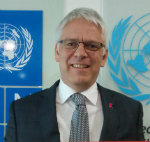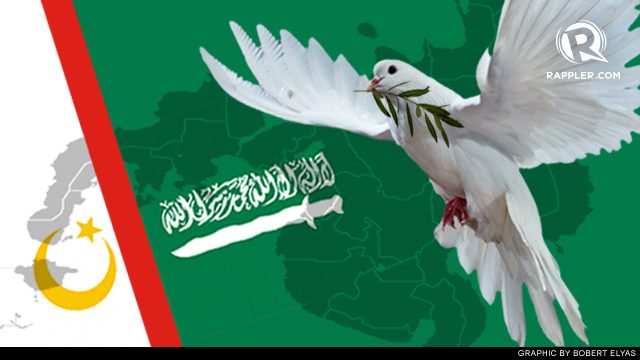SUMMARY
This is AI generated summarization, which may have errors. For context, always refer to the full article.
 The Philippines faces a historical moment. Legislation can be passed that will put the Philippines on the path to sustained peace and inclusive development ending decades of conflict and marginalization in the proposed Bangsamoro.
The Philippines faces a historical moment. Legislation can be passed that will put the Philippines on the path to sustained peace and inclusive development ending decades of conflict and marginalization in the proposed Bangsamoro.
The Constitution of the Philippines mandates a unitary state to drive development in the interests of all Filipinos. At the same time, the Constitution holds out the promise of meaningful autonomy for Muslim Mindanao and for the Cordilleras. In doing so, it seeks to balance the prerogatives of a unitary state with historical aspirations of unique identity groups who form part of the diverse mosaic of Filipino society.
It is not an easy balance to find, and many countries—both developed and developing—are still grappling with the challenge. However, there is ample experience of successful efforts to achieve lasting peace and inclusive development through autonomy, including as seen in the Northern Ireland, Aceh and Bouganville peace agreements. Autonomy granted in such diverse situations as Quebec (Canada), Scotland (United Kingdom) and Catalonia (Spain) offer further pointers.

First, autonomy can be meaningful. Autonomous regional governments exist that consolidate and re-allocate the powers and resources of all sub-units within their territory. Without this power, they cannot reflect the voice and aspirations of the people that they represent in their policies and programs. They cannot be effective bearers of the unique regional culture and identity that they embody.
Second, and even while it is subject to national sovereignty, autonomous regional governments enjoy the fullest esteem and consideration of the national government. The relations between the two are inter-governmental in nature, or between two governments within one unitary state. This is crucial to ensuring that those who have sought autonomy perceive themselves as having achieved it.
Third, investment in regional autonomy provides for a sound financial base for the regional government. In addition to being able to earn its fair share of wealth from the exploitation of resources and revenue on its territory, an autonomous regional government should also receive its just portion of the national wealth.
Autonomy without the ability to finance development is meaningless.
Fourth, a regional government—for its part—can be fully accountable to its own people, and to the wider national commitment to empowerment. Its authority over its constituent local government units should not be exercised arbitrarily, but with full due process.
The fullest safeguarding of the rights of minorities and indigenous peoples on its territory should be written into its very foundation.
The government should have the capacity to monitor and assess the implementation of programmes supported from its share of the national wealth, and be able to account for its performance to the whole nation.
Fifth, and finally, a regional government can have the ability to adapt the work of national institutions such as the police, the judiciary – including alternative legal systems – and the election commission to its own circumstances and those of its constituents. This ability allows autonomy to impact positively and immediately on the daily lives of citizens.
At the end of the day, the people of the Philippines must find their own way to sustained peace and inclusive development. When Congress now deliberates on the proposed legislation on the Bangsamoro, it may wish to reflect on this international experience, and the fact that the balance between preserving the interests of a unitary state and achieving meaningful autonomy is possible and within their hands to deliver. – Rappler.com
Ola Almgren is the United Nations Resident Coordinator and Resident Representative of the United Nations Development Programme (UNDP) in the Philippines.
Add a comment
How does this make you feel?
There are no comments yet. Add your comment to start the conversation.